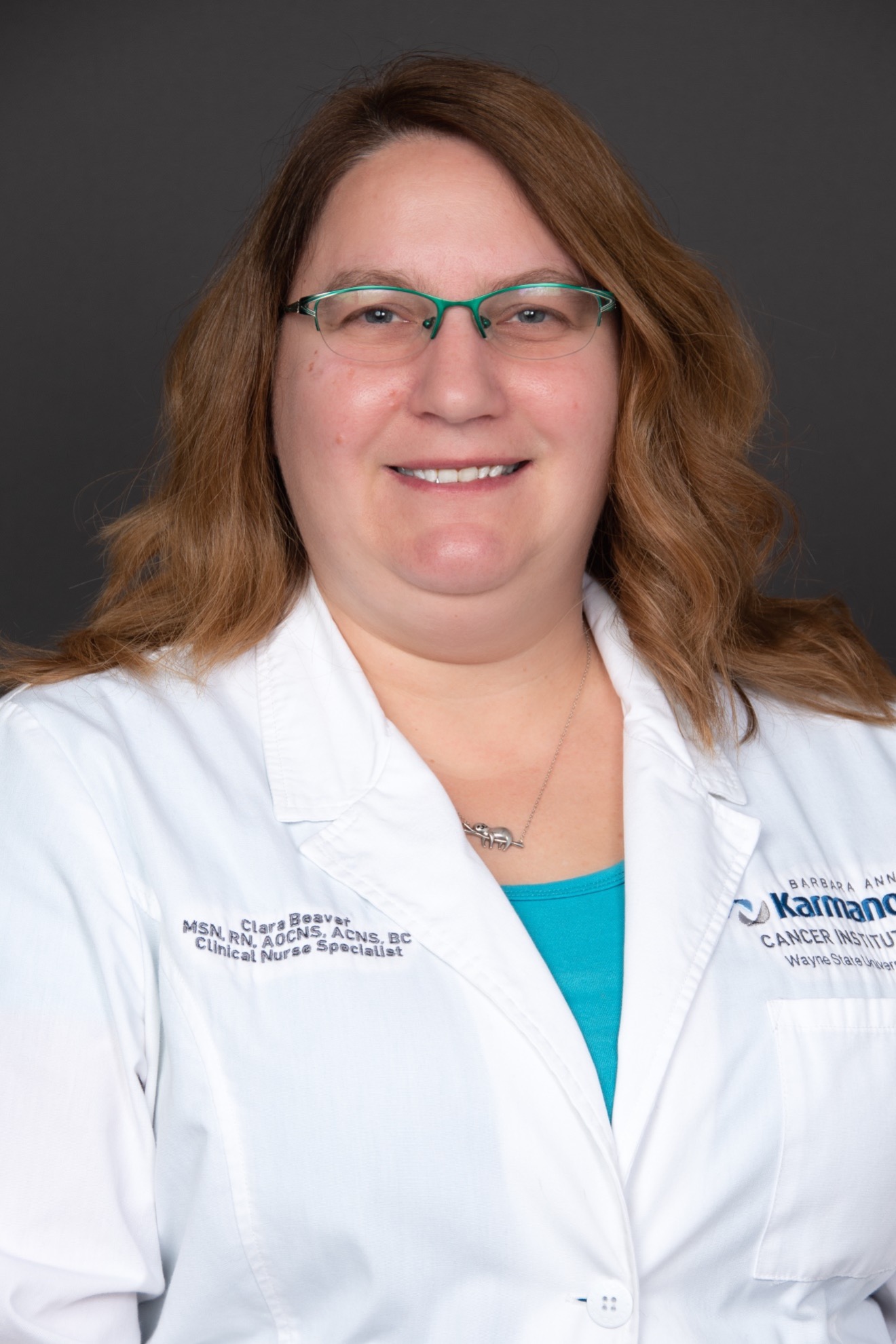In the years following their initial licensure, nurses will often pursue certification. Obtaining certification shows a nurse’s commitment to their profession, specialty, and patients. Along with showing their commitment, certifications validate a nurse’s qualification and knowledge of a specific area.

“The process involved to achieve certification has been shown to increase a nurse’s specialized knowledge, and certified nurses are more likely to follow practice standards compared to noncertified nurses. The path to oncology nursing certification allows the nurse to understand more of what an oncology nurse is able to do within the scope of their practice,” ONS member Clara Beaver, MSN, RN, AOCNS®, ACNS-BC, Oncology Nursing Certification Corporation (ONCC) board president and clinical nurse specialist at the Barbara Ann Karmanos Cancer Institute in Detroit, MI, said. “With their increased knowledge of oncology nursing practice, nurses are better prepared to advocate not only for their patients but also themselves.”
For nurses in many healthcare organizations, obtaining certification is a rung on the professional development ladder, Beaver said. Nurses may have a personal or professional goal to become certified, and many institutions provide financial support to help achieve that through reimbursement, bonuses, or pay increases. Barbara Ann Karmanos Cancer Institute, Beaver explained, supports certification through pay increases for certified nurses, as well as covering the costs for certification tests through the ONCC FreeTake® and DoubleTake programs.
Although specific requirements vary by certifying body, to maintain their certification by renewal, nurses complete multiple continuing education activities to stay updated with practice changes and trends that can affect patient care. That education is valuable when it comes to identifying and reporting errors, Beaver explained. She cited a 2019 survey from the American Board of Nursing Specialties and Competency and Credentialing Institute in which certified nurses reported that they felt their practices were more in line with standards than noncertified nurses, which Beaver said could lead to more awareness and reporting of medical errors and other unexpected adverse events.
Certified nurses’ expertise affects not only their own careers, but also their colleagues’. “In most organizations, certified nurses are precepting newer staff and sharing their increased knowledge,” Beaver said. “I have seen oncology-certified nurses assist others who are studying for certification, and many are considered the informal expert on the unit or floor. Certified nurses are the ones who ask leadership the ‘why’ questions to challenge the system with new oncology-related knowledge.”
Oncology nurses can also obtain certificates, but they differ from certification. A certificate, such as the ONS/ONCC Chemotherapy Immunotherapy certificate, is given after an assessment of skills and knowledge in a focused area, Beaver said, whereas certification is awarded after a nurse demonstrates proficiency in standards of knowledge, skills, and competencies on a multifaceted, broad exam.
For nurses considering certification, Beaver recommended setting a goal date to take the certification exam, developing a study plan based on the test blueprint, and recognizing the confidence and knowledge they’ve gained from their clinical experiences and nursing practice.
“Certification is doable,” she said. “I often talk to nurses who are worried about taking the exam because they don’t administer chemotherapy or they haven’t seen all of oncology. I remind them that they take care of patients with cancer every day and know more than they think.”






